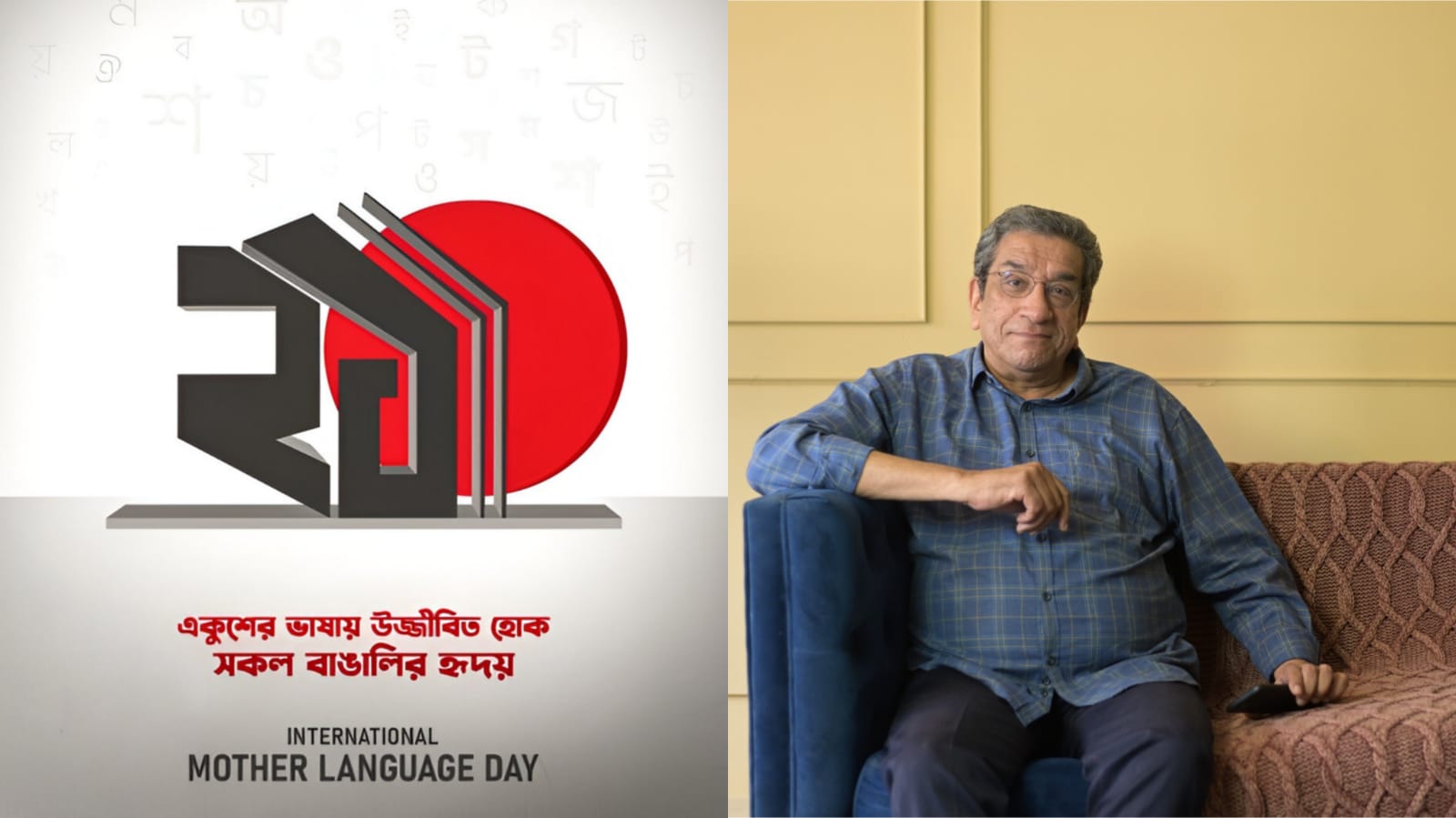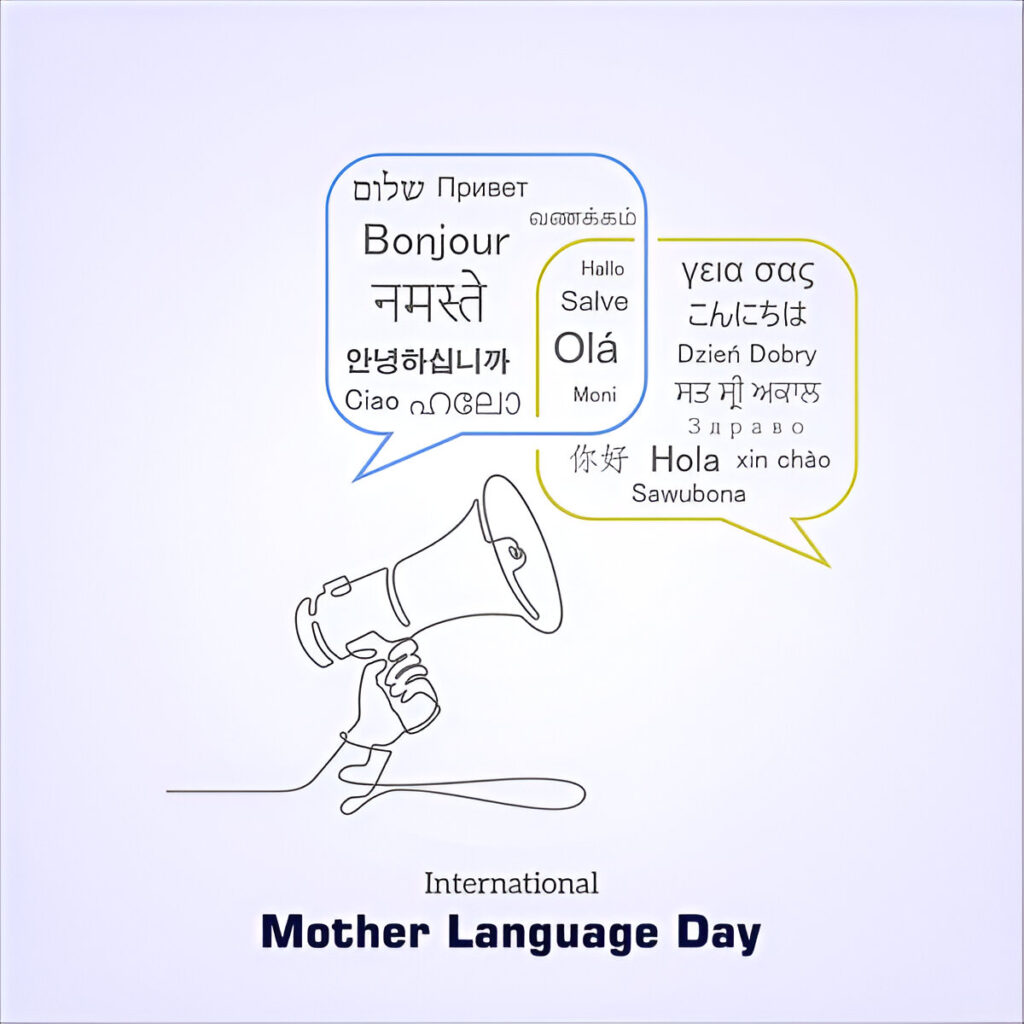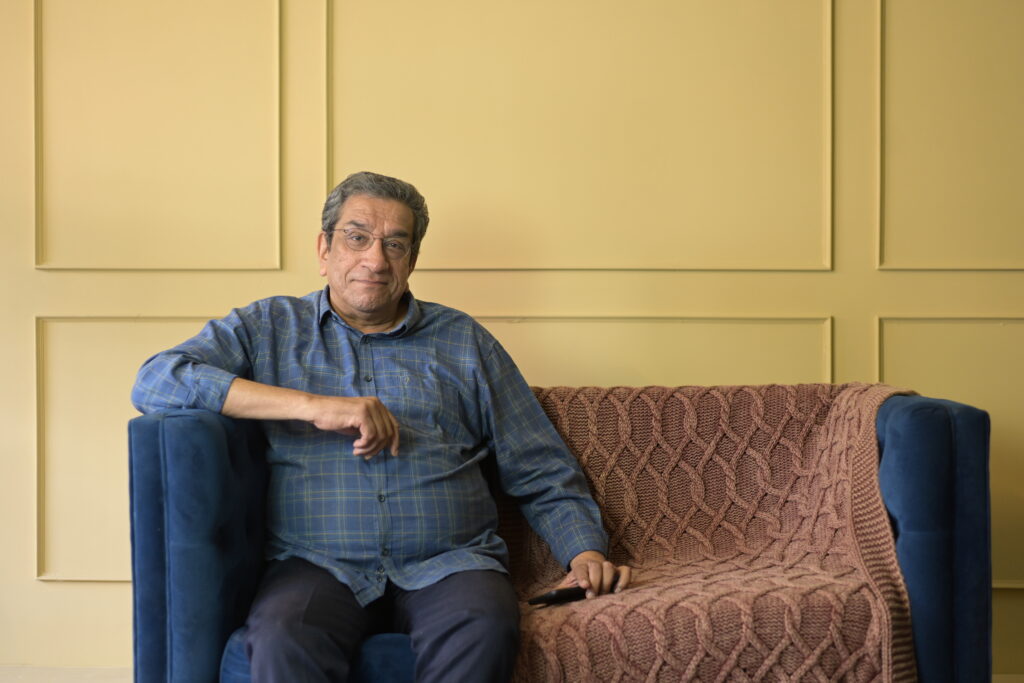
POPULAR ACTOR, SABYASACHI CHAKRABORTY’S STRAIGHT-FROM-THE-HEART TALK WITH CAMONGO
Good to Know why We Celebrate It
International Mother Language Day is observed annually on February 21 to promote linguistic and cultural diversity worldwide. Established by UNESCO in 1999, the day commemorates the 1952 Bengali Language Movement in Bangladesh – it was when several students sacrificed their lives to uphold their mother tongue, Bangla, their right to speak, sing, and communicate in their own language.
Our mother languages, the ones we grow up listening to in our households, play a crucial role in preserving culture, identity, and communication. Sadly, today many indigenous and minority languages face extinction due to globalization and lack of support. This day, the International Mother Language Day, encourages efforts to protect and revitalize endangered languages.
Each year, the celebration on this unique day follows a distinct theme, highlighting the importance of multilingual education, inclusion, and linguistic rights. Schools, institutions, and communities worldwide organize events such as language fairs, cultural programs, and discussions to emphasize linguistic heritage.
In 2025, the world is celebrating the ‘Silver Jubilee Celebration of International Mother Language Day’ commemorating a quarter-century of dedicated efforts to preserve linguistic diversity and promote mother tongue use.
Recognizing the significance of language diversity fosters mutual respect and understanding among people. Governments and organizations are encouraged to support policies that preserve native languages and ensure linguistic inclusivity.
By celebrating International Mother Language Day, we acknowledge the power of languages in shaping societies and promoting unity in diversity. It serves as a poignant reminder to cherish and safeguard the richness of every mother tongue for future generations. Come to think of it, fully-evolved languages are something that only human beings possess. Let’s cherish this beautiful gift.

Sabyasachi Chakraborty, the well-known actor of films and television is himself fluent in several languages apart from his mother language, Bangla. In a free-flowing talk with Camongo, he shares his thoughts –

As a modern artist, I believe there are several ways the masses can deepen their individual relationship with their mother language. Encouraging people to use their mother language in the many forms of creative expression – whether it is poetry, music, visual arts, storytelling – can certainly foster a deeper connection.
We can organize and take part in workshops, in community events, and current-day online platforms actively seeking and providing spaces for individuals to share their creative work in their mother language as well as delight in its nuances.
The bottom line should be to keep looking for opportunities to speak, write, express oneself in his or her mother language whether it is a regional dialect or a more-widely spoken regional language.
It is not uncommon to find individuals in India who are fluent in up to five or six languages and can express themselves beautifully in each. My wife, Mithu Chakraborty, for instance, knows six languages very well.
Our mother language is something we grow up listening to since our baby days. It is spoken all around and all about us in the household and quite effortlessly we learn to pick it up and start communicating. In my childhood home, I learnt several Bangla idioms and phrases without trying and starting applying them in situations that I thought were apt! My Dida (maternal grandmother) would use a typical Bangla expression – Jato dosh Nando Ghosh – whenever the earthenware pot of spongy rosogollas went missing in our house, and my mother was hunting it high and low. Of course, everyone knew where it had disappeared, but to declare her complete innocence in the matter, Dida used the expression. Literally translated, it means – All the fault in the world is Nando Ghosh’s! (Meaning, you always blame me for everything that goes wrong.)
Inputs from Neha Karmakar & Picture taken by Sajal Das

Leave a Reply